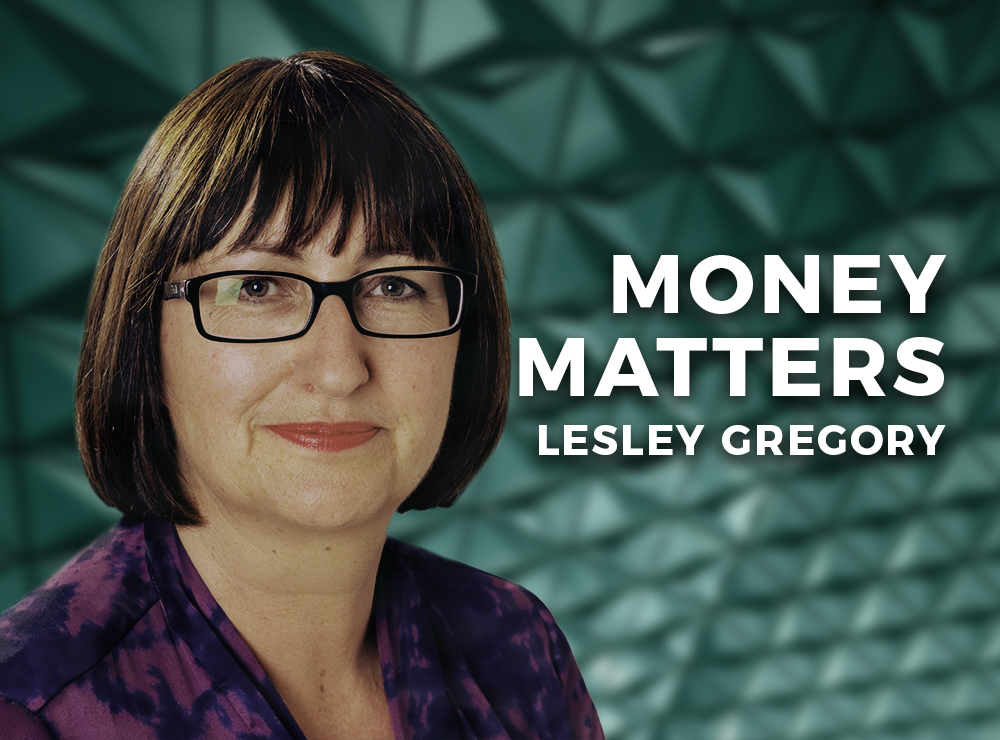
By LESLEY GREGORY
It’s easy to just “set and forget” life insurance, but it’s worth reviewing your policy every few years to see that it has kept up to date with improved terms and conditions in new products and with your changing needs. That said, care is needed when comparing products and working out whether it’s worthwhile switching.
First, ask your insurer whether they’ve updated their products since you took your policy out, and whether your existing product had those beneficial changes applied as well. The practice of many, but not all, insurers is to improve the terms and conditions of existing customers at the same time.
You would have received a communication outlining those updates, if so. If you haven’t had any communication, it’s worth having a conversation with your insurer about whether you’d benefit from updating to a newer product.
The underwriting pitfall
However, be careful to check that you won’t have to undergo “underwriting” to switch to the new product.
Underwriting is the process by which an insurer decided whether to take on a financial risk — in this case, insuring your life – and for what price, or premium. The researcher wants to understand the level of risk they’re accepting, so they’ll want you to answer some questions.
Factors an insurer will consider during underwriting include any pre-existing conditions you may have and, let’s face it, as you get older you’ll have more of them. So you don’t want to have to go through underwriting, with the prospect of it bumping up the premium when what you’re trying to achieve is a better deal.
It’s also quite a laborious task making sure you declare everything relevant from a medical history that’s now quite long and more detailed.
If you’re over 50, you may consider specific over-50s policies where you’re guaranteed to be accepted, regardless of your health and lifestyle. But remember that this guaranteed acceptance is likely to come at the expense of a higher premium.
Good is better than cheap
With insurance, in particular, you shouldn’t be sold just on price. That’s because insurers have to balance price and the risk they’re taking on in one way or another. If the price is low, one way an insurer can achieve that balance is to make it harder to claim, by tightening definitions or excluding more life events from a policy.
That’s less of an issue with life insurance in its purest form. There’s no denying someone has passed away, though policies might exclude causes of death such as drug or alcohol abuse. But it will definitely affect things like the “total and permanent disability” part of a life insurance policy, where it’s possible to have definitions that make it very hard to claim indeed. Be very sure to understand what the insurer defines as “total and permanent” — it may not be what you think it should be.
The cheapest policy is a false economy if you or your family has trouble making a successful claim. As one broker told me: ‘’Price will be long forgotten after a bad claims experience.”
Critical illness cover
Personally, I also have critical illness — sometimes called “trauma” cover — attached to my life insurance. Designed to provide security if you fall seriously ill or become disabled, this cover provides a one-off payment that could be used meet costs such as out-of-pocket medical expenses, clearing your mortgage or renovations you’ll need to make to your home. Here, check the list of conditions that are covered — and excluded.
My partner received a ten per cent payout of his total sum insured when he required two heart stents. He was able to resume the policy afterwards because it had a “continuance” condition — an important element to check.
Do I need life insurance anyway?
Not everyone does. It depends whether you have people who depend on you financially. People usually think about life insurance after they get married, buy a house and/or have a baby.
Deciding how much cover you’ll need depends on how much money you think is needed to support your family if you were to pass away. This sum should take into account their living costs, as well as any outstanding debts.
Look for a life insurance calculator, like this one.
As you get older, you should also consider whether you may have too much life insurance, now that the mortgage is paid off and the kids are adults able to look after themselves.
LESLEY GREGORY is an experienced personal finance and consumer journalist. She regular writes for TEBI money issues that aren’t directly related to investing.
Also by Lesley Gregory:
The one asset you need to protect
How to protect your credit score from COVID
The hidden costs of online shopping
Make sure your last words don’t leave ill will
Lasting changes COVID could make to our finances
How to avoid excessive funeral costs
What you need to know about comparison sites
Here are some other personal finance articles we think you’ll find interesting:
Seven positive changes you can make post-lockdown
Got your degree? Now make yourself indispensable
Your retirement could be longer than you think
Pension saving — the sooner you start the better
How to stop money spoiling your relationship
No emergency fund? Start one now
Learn from your money mistakes
What does your financial wellbeing look like?
FIND AN ADVISER
Are you looking for an evidence-based financial adviser? We can help you find one. Click here for more details.
© The Evidence-Based Investor MMXX









